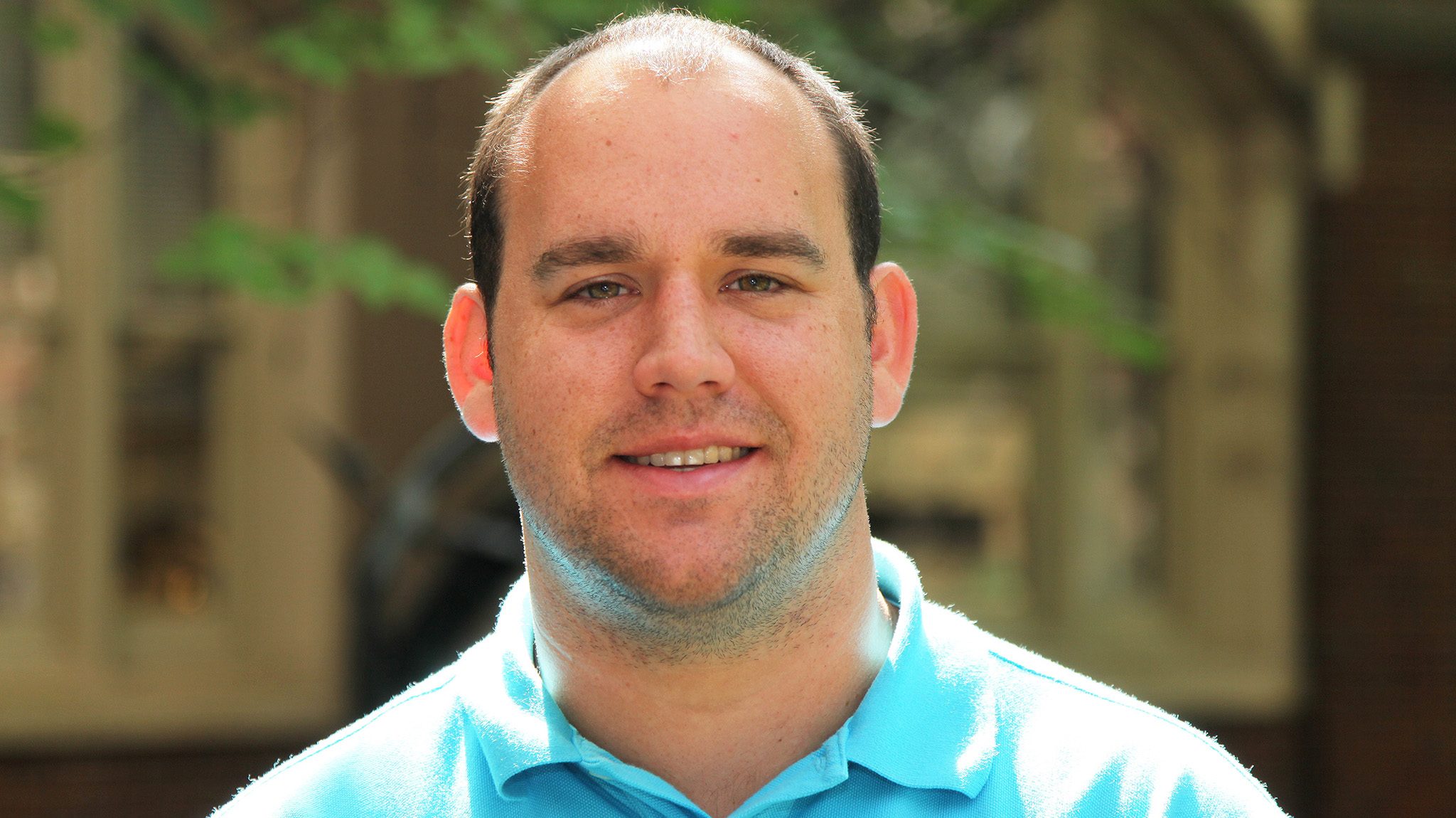
Thomas A. Werfel is an assistant professor in the University of Mississippi’s new biomedical engineering program. Submitted photo
Recognizing it as a “once-in-a-lifetime” opportunity to be involved with something “very special,” Thomas Werfel has joined the faculty of the newly launched biomedical engineering program at the University of Mississippi.
“I was excited to come here and help build the new program in biomedical engineering because I can’t imagine anything more rewarding than looking back 30 years from now and being able to reflect on the immense impact this program will have for students, industry partners and the University of Mississippi,” said the new assistant professor of chemical engineering.
“I was also drawn to the University of Mississippi because of the university’s emphasis on strong undergraduate education and reputation as a liberal arts college. I think studying engineering at a liberal arts institution generates a unique student compared to graduates from engineering and technology schools.”
Werfel said he wants his students to excel in reading, writing, communication and creativity.
“I am convinced that those who do so will differentiate themselves from their peers and find rapid career advancement,” he said. “Thus, I felt that the strengths of UM aligned well with my teaching philosophy.”
Werfel is a welcome addition to the biomedical engineering program, said John O’Haver, chair and professor of chemical engineering.
“Dr. Werfel brings some exciting research, which dovetails nicely with that done by Dr. Adam Smith (associate professor of chemical engineering),” O’Haver said. “Their collaborations should prove very productive and raise the national visibility of them both.”
Werfel teaches Biomaterials, Immunoengineering, and Drug and Gene Delivery. He said he hopes to develop more electives for upperclassmen and graduate students over the next few years.
“I perceived that my research program would benefit by synergizing with existing strengths here in the School of Pharmacy, departments of Biology, Chemistry and Chemical Engineering, the National Center for Physical Acoustics and the University of Mississippi Medical Center,” Werfel said, adding that his experience at UM has been excellent so far.
“The staff here are (second) to none and have been so helpful for helping me get oriented,” he said. “The other faculty are very welcoming and collegial. The students are positive and hardworking. And there are ample opportunities to collaborate in research.”
Werfel said his short-term goals are to make his research lab fully functional, recruit graduate students, secure independent research funding, develop the courses mentioned above, and identify opportunities to serve at UM, in Oxford and with professional organizations.
His long-term goals are to maintain an independently funded, highly active research lab, publish primary research articles in highly visible journals, teach exciting and interactive courses, contribute to the growth of the biomedical engineering program and become a leader at UM.
“I have created a career development plan that focuses on growth in teaching, research, service and leadership to achieve my short- and long-term goals,” Werfel said. “Through my career development plan, I identified where I want to be five years from now and created a ‘roadmap’ to get there.”
Werfel said a fulfilling professional achievement was being awarded an F32 Postdoctoral Fellowship from the National Institutes of Health on his first try.
“Receiving the award was really a culmination of all the hard work I put in as a graduate student and was a strong validation that pursuing a career in research and academics was the right choice for me,” he said.
Werfel earned his bachelor’s degree in physics from Murray State University and a master’s degree and Ph.D. in biomedical engineering, both from Vanderbilt University. He and his wife, Ashton, have a daughter, Finley Beth. The family loves to spend time exploring the Square, playing in Avent Park or having a picnic in the Grove.
“I spend a lot of time cooking,” Werfel said. “I also love to be outdoors, whether it be walking, hiking, camping or gardening.”